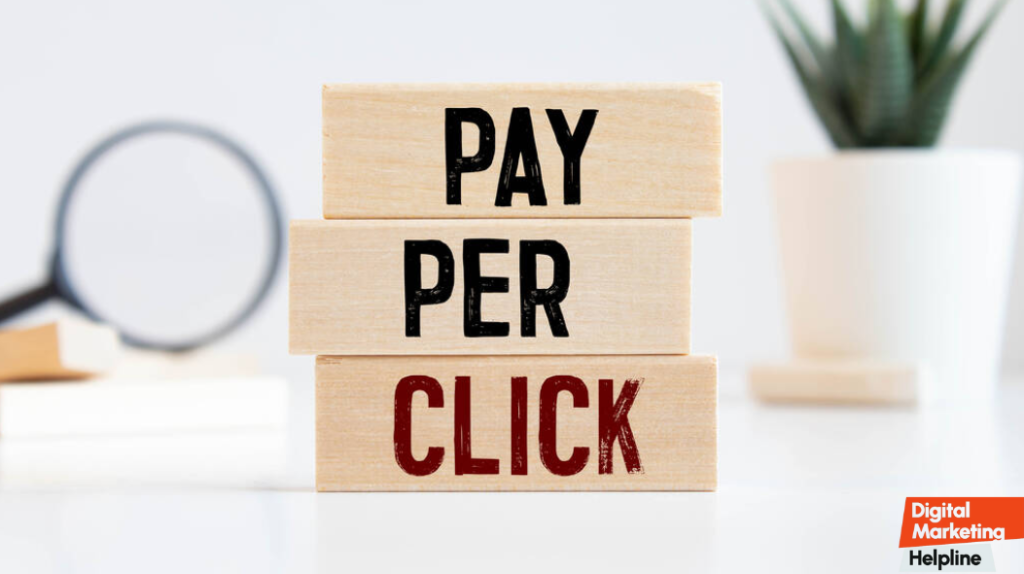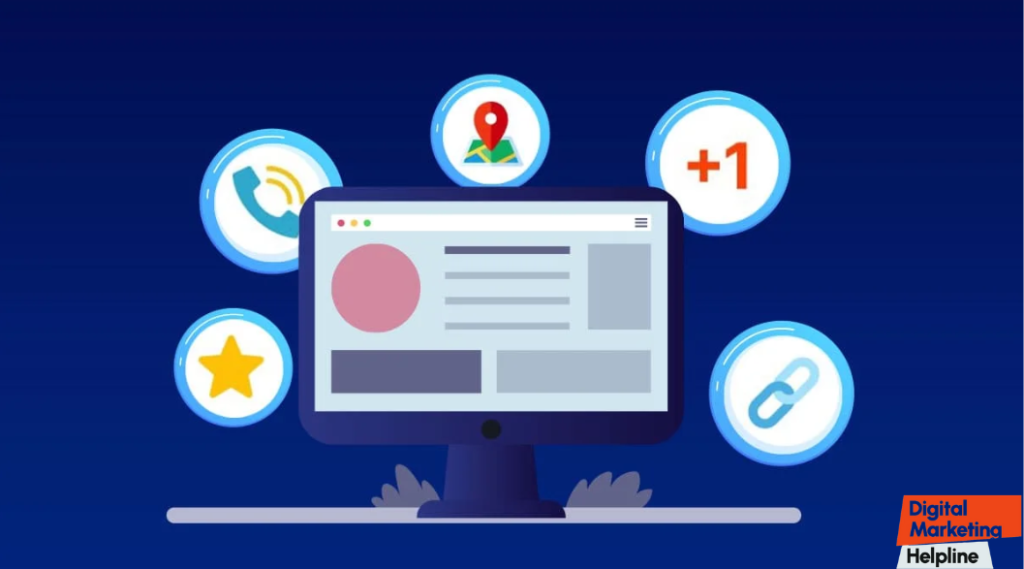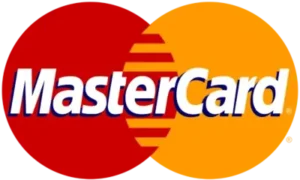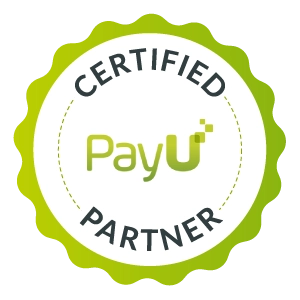
Pay-per-click (PPC) advertising is a powerful tool for driving traffic and generating leads. However, merely setting up a campaign is not enough. To truly maximize your PPC strategy and ensure you’re getting the most out of your investment, consider these ten practical approaches.
1. Conduct Thorough Keyword Research

Effective PPC campaigns start with keyword research. Identify relevant keywords that your target audience is searching for. Use tools like Google Keyword Planner, SEMrush, or Ahrefs to find keywords with high search volume and low competition. Don’t forget to consider long-tail keywords; they can lead to higher conversion rates as they are often more specific.
2. Create Compelling Ad Copy

Your ad copy is the first impression potential customers have of your business, so make it count. Highlight unique selling points, use clear calls to action, and ensure your messaging aligns with what users are searching for. A/B testing different versions of your ads can help you determine which copy resonates best with your audience.
3. Optimize Landing Pages
Driving traffic to your ads is only half the battle; you also need to convert that traffic into leads or sales. Ensure your landing pages are optimized for conversions by making them relevant to your ads, using clear calls to action, and ensuring they load quickly. A seamless user experience can significantly impact your conversion rates.
4. Utilize Ad Extensions

Ad extensions are a great way to enhance your ads and provide additional information without extra cost. Utilize features like site link extensions, call extensions, and location extensions to provide potential customers with more context about your offerings. This not only improves your ad’s visibility but also increases click-through rates.
5. Set Up Conversion Tracking
To maximize the effectiveness of your PPC strategy, it’s essential to track conversions. Implement conversion tracking through Google Ads or your analytics platform to understand which keywords, ads, and landing pages are driving results. This data will allow you to make informed decisions and allocate your budget more effectively.
6. Use Negative Keywords
Negative keywords prevent your ads from showing up for irrelevant searches, helping to ensure your budget is spent effectively. Regularly review your search terms report to identify any irrelevant keywords that are costing you money and add them to your negative keyword list.
7. Test Different Bidding Strategies
Experimenting with various bidding strategies can help you find the best approach for your campaigns. Options like manual CPC, target CPA and maximize conversions each have unique benefits. Testing different strategies can reveal which one aligns best with your goals and budget.
8. Leverage Audience Targeting
Utilizing audience targeting allows you to reach specific segments of users based on their behavior, demographics, or interests. Use remarketing to re-engage visitors who didn’t convert on their first visit, or create custom audiences to target users who are more likely to be interested in your products or services.
9. Monitor and Adjust Your Campaigns Regularly
PPC campaigns require ongoing monitoring and adjustments to remain effective. Regularly review performance metrics like click-through rates, conversion rates, and cost per acquisition. Use this data to make informed adjustments, such as reallocating the budget to better-performing campaigns or pausing underperforming ads.
10. Stay Updated on PPC Trends
The digital marketing landscape is constantly evolving, and so are PPC best practices. Stay updated on industry trends, changes to advertising platforms, and new features that can enhance your campaigns. Joining forums, subscribing to industry newsletters, and following thought leaders can keep you informed and ahead of the competition.
Conclusion
Maximizing your PPC strategy is a continuous process of learning, testing, and optimizing. By implementing these ten strategies, you can improve your campaign performance, drive more qualified traffic, and ultimately increase your return on investment. Remember, successful PPC advertising requires not just effort but also a willingness to adapt and evolve as the digital landscape changes. With the right approach, your PPC campaigns can become a powerful tool for business growth.
FAQs
1. Why is ad copy important in PPC?
Ad copy is crucial as it creates the first impression of your brand. Compelling and relevant ad copy can significantly increase click-through rates and conversions. A/B testing can help identify which copy resonates best with your audience.
2. How can I improve my landing pages for better conversions?
Ensure your landing pages are relevant to your ads, load quickly, and include clear calls to action. A seamless user experience with engaging content will encourage visitors to convert.
3. What are ad extensions, and how do they help?
Ad extensions provide additional information about your business, such as location, phone number, or links to specific pages on your website. They enhance ad visibility and can increase click-through rates without extra costs.
4. How do I track conversions in my PPC campaigns?
Implement conversion tracking using Google Ads or your analytics platform. This allows you to see which ads and keywords are driving conversions, helping you make data-driven decisions.
5. How often should I monitor and adjust my PPC campaigns?
PPC campaigns require regular monitoring—at least weekly or bi-weekly. Review performance metrics and make adjustments based on data to improve overall campaign effectiveness.
6. How can I stay updated on PPC trends?
Join online marketing forums, subscribe to industry newsletters, and follow thought leaders on social media. Staying informed about changes in PPC best practices and advertising platforms is essential for success.













